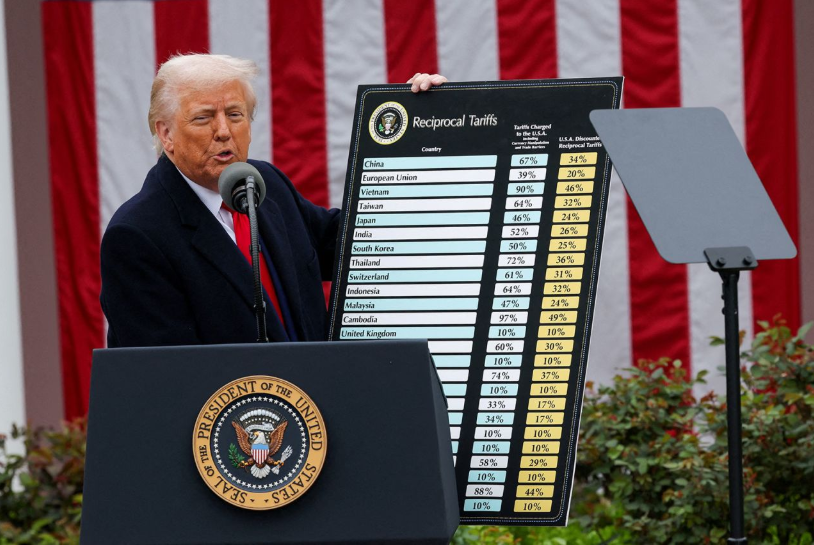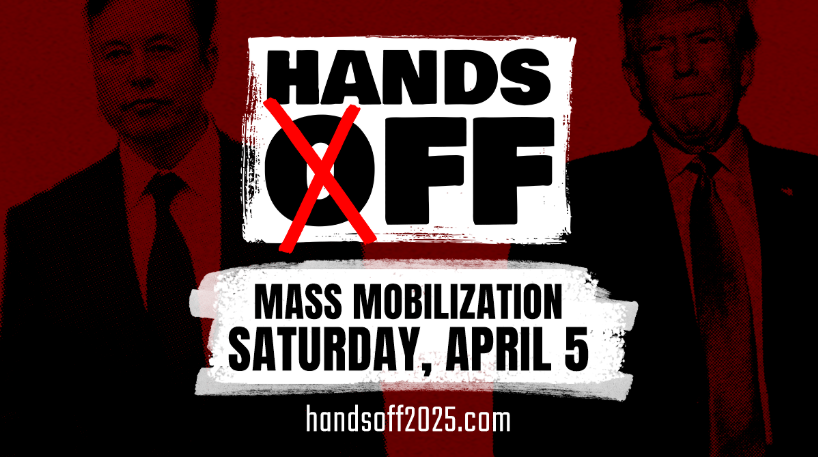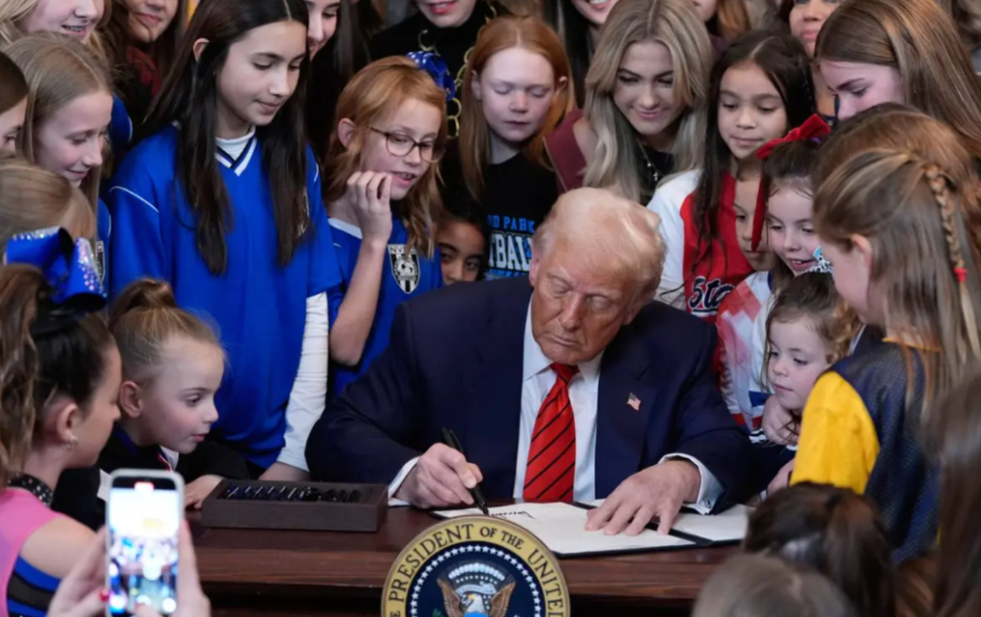President Donald Trump announced tariffs across over 25 countries on April 2nd, a day he dubbed “Liberation Day”. At a minimum of 10%, the tariffs hit several critical trade partners of the US, including the EU, UK, Japan, and China.
The immediate impact was a global drop in stock markets, including the largest single-day drop in the Dow Jones since Trump was elected, over 1,500 points down in a single day. In the long term, economists have estimated the tariffs will cost American households over $2,100 per year.
Reactions from the world at large have been highly negative, especially from Canada and US trade partners in Europe. Both have announced tariffs of their own on US goods and have announced plans to source their goods from other countries instead in the long term.
From a South Lakes perspective, teachers and students are anxious about the future of the economy and their economic opportunities. “I just don’t even want to look at my retirement account,” teacher Ms. Trigiano said. Students, too, have felt this uncertainty. “I’m feeling this is going to end badly” Senior Caroline Ayres stated.
The “reciprocal tariffs” are intended to reduce the trade deficit between the US and its trade partners, meaning that Trump wants to equalize or exceed US exports with their imports, creating a possible trade surplus. All of the countries targeted export more to the US than they import from the US.
The plan is a part of Trump’s wider move to transform the US into a producer economy, away from its current state as a consumer. The US is the largest economy in the world, largely because of its consumption, not its production. The administration seeks to completely reorient this focus, something that is a monumental task due to the current economic structure and consumerist culture.
The US economy is heavily focused in the tertiary sector (services, like education, healthcare, retail) and not in the primary or secondary sector (raw materials and manufacturing). Trump seeks to change that, and it seems to be a lofty goal.
Some have expressed skepticism about the tariffs, including South Lakes students. “Probably this is going to last a couple months, then people will get upset and they’ll repeal them,” Senior Caroline Ayres said.
The long term effects of the tariffs are yet to be seen, but currently, they are making a heavy impact on the stock market and the US’s international relationships.



















